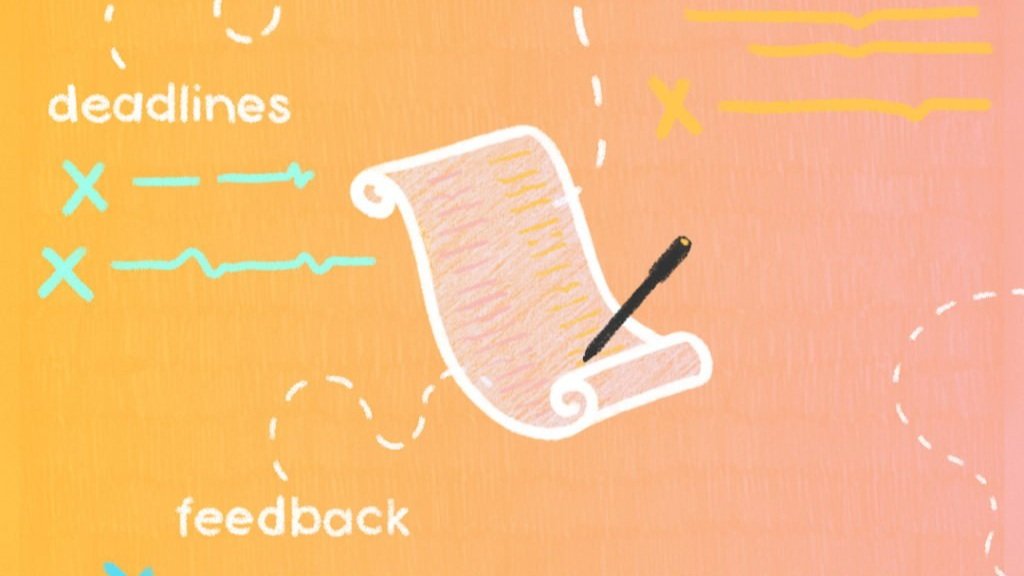How to Handle a Teammate Who Isn't Following the Contract
Teaming up for a project can help freelancers earn more. But what happens when your partner isn’t holding up their end of the contract?
Partnerships can be tricky to navigate if you haven’t teamed up before. For a partnership to be successful, there needs to be clear communication around expectations, responsibilities, the scope of work, and processes *before* kicking off a project.
If you feel your partner isn’t following through on what they agreed to, here are the steps to take to remedy the situation.
Identify the issue
You know you have a concern with the partnership, but before you can bring it up with your teammate, figure out exactly what isn’t working.
How is your teammate not holding up their end of the contract? A few reasons could be:
They are not delivering what they said they would
They are frequently missing project deadlines
There isn’t enough communication throughout the project
You both have creative differences that get in the way of completing tasks
Before you can have a conversation with your teammate, get clear about what you want to change about the partnership or process, especially as it relates to the contract and scope you initially agreed to.
Communicate your concerns
Providing constructive feedback starts with clear communication. You never know exactly what’s going on with the other person until you say something.
Sometimes people are unaware of the responsibilities or expectations they agreed to (which is a case for detailed documentation before your project kicks off!) so it’s helpful to give them the benefit of the doubt. Voice your concern, remind them of the scope, and check in to see if it’s still doable.
Be specific and clear: “You agreed to handle X by this date. What’s the status? Is there anything getting in the way of you completing this? Is there anything I can do to help move this along?”
Be open and flexible
If your partner is aware of what they agreed to for this project, then it’s time to find out what exactly is preventing them from holding up their end of the contract.
Maybe the scope of work they agreed to is taking more time to complete than they anticipated or perhaps it calls for skills they don’t necessarily have. Or maybe they’re experiencing a personal issue unrelated to the project that has taken a lot of time away from their work.
Give your teammate an opportunity to share their experience and work with them to improve the situation or process.
In any case, consider your options and be open to adjusting the scope of work. You can either bring on another person to ease the workload or see if you can help take care of any tasks.
Using Wethos, you can easily adjust the scope of work so that when it’s time to invoice, you can split payments accordingly.
Know when to part ways
Sometimes partnerships don’t work out. While the worst case scenario is to part ways with a teammate during the middle of a project, there are ways to adapt.
First, reach out to your network to find a replacement as soon as possible. These scenarios make the case for why you should always have a diverse network of collaborators to work with.
If you can’t find someone new to team up with at the last minute, see if you can handle the responsibilities yourself. In the meantime, let your client know that you may need more time. It’s not ideal to adjust the project timeline, but it’s best to communicate with your client sooner rather than later.
And while you don’t need to fill your client in on the specifics if one of your team members dropped out, it is important to let your client know who the point of contact will be if your former partner was in direct communication with them.

